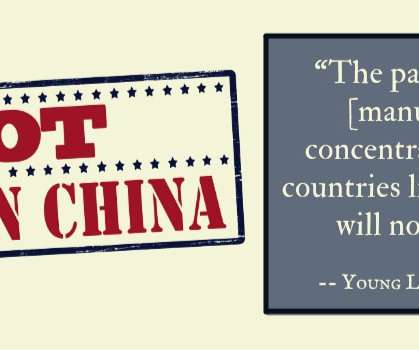Resilience and Agility in Supply Chains: Navigating Change in a Dynamic World
The Logistics & Supply Chain Management Society
JULY 16, 2023
These changes can be caused by factors such as natural disasters, political unrest, trade disputes, or disruptions in transportation networks. These changes can significantly impact supply chains by affecting sourcing strategies, trade routes, and market access.

















Let's personalize your content